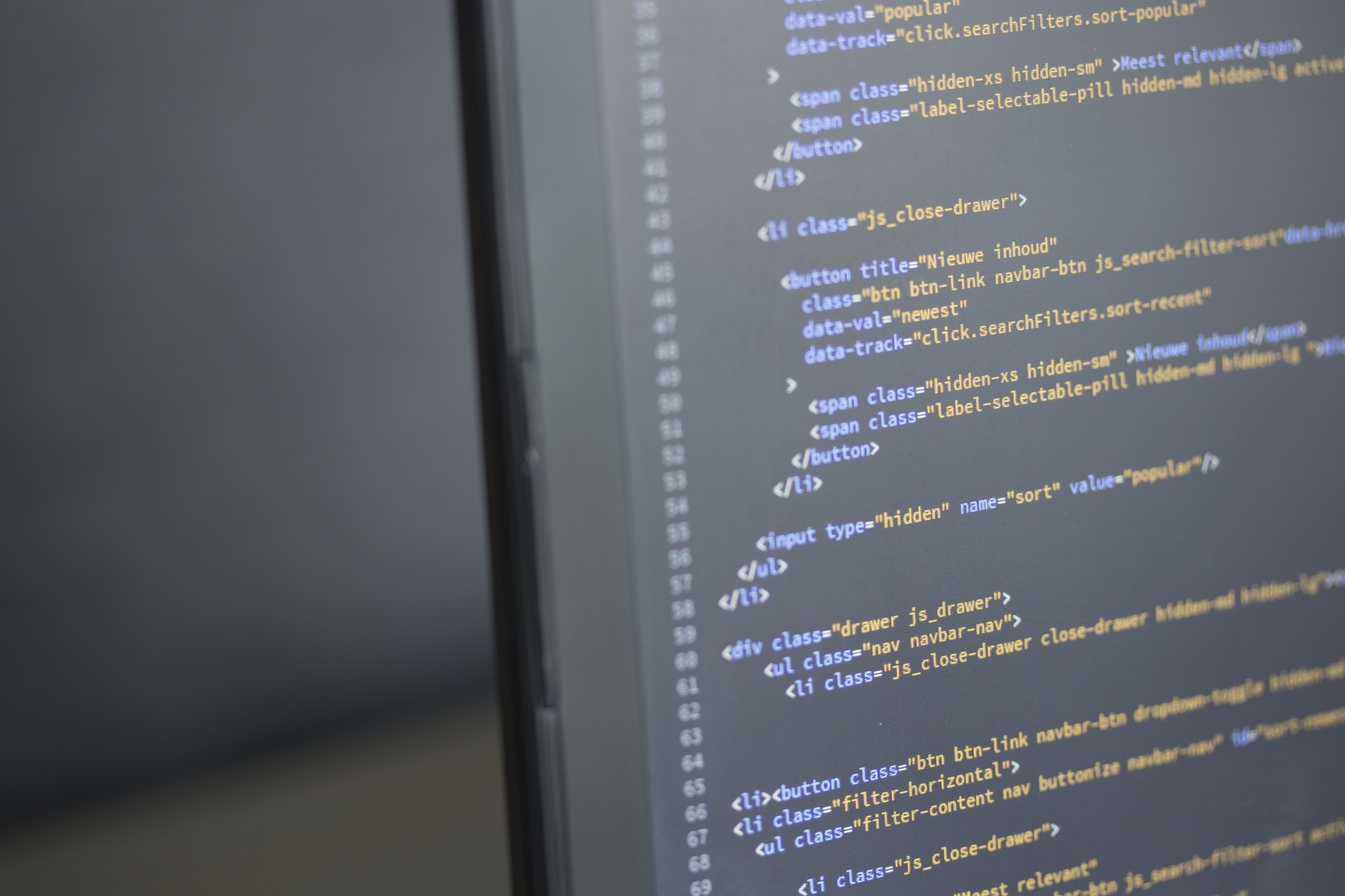PC legal sciences, now and again known as computerized crime scene investigation, is attempted via prepared analysts who pull information (search chronicles, buy records, time logs and that’s just the beginning) from gadgets including, however not restricted to: PCs, tablets, and cell phones. They are then ready to examine and break down the information, prior to introducing it in a way that can be effectively perceived to individuals who may not be comfortable with legal or software engineering.
On the off chance that you might want to dive deeper into PC crime scene investigation, we have ordered this thorough aide, enveloping all you want to know with no specialized information required. Our point is to provide each peruser with a significant level perspective on PC crime scene investigation to assist them with seeing more with regards to the various cycles and when they ought to be utilized.
DISCLAIMER: We utilize the term ‘PC’ all through this article, however, the idea we talk about can apply to any gadget equipped for putting away computerized data.
When and how is computer forensics used?
There aren’t numerous areas of wrongdoing or common question where PC crime scene investigation can’t be applied. Law implementation offices were among the soonest and most unmistakable clients of PC legal sciences, and therefore, they’ve frequently been at the front line of improvements in the field.
PCs can be viewed as a ‘crime location’ – for instance, with hacking or refusal of administration assaults. They might hold proof of wrongdoings that happened somewhere else, as messages, web history, reports or different records pertinent to violations like homicide, abduct, misrepresentation or medication dealing.
A scientific PC test can uncover considerably more than anticipated.
Computer forensic investigators are not only interested in the content of emails, documents and other files, but also in the metadata associated with those files. Metadata provides more information about a certain dataset, which can be revealing in its own right. For instance, records of a user’s actions may also be stored in log files and other applications on a computer, such as internet browsers.
So a computer forensic examination might reveal when a document first appeared on a computer, when it was last edited, when it was last saved or printed and which user carried out these actions.
Commercial organizations have used computer forensics to help with all kinds of cases, including:
- Intellectual property theft
- Employment disputes
- Invoice fraud, often enabled by phishing emails
- Forgeries
- Inappropriate email and internet use in the workplace
- Regulatory compliance
Guidelines for successful computer forensics
If evidence found during a computer forensic investigation is to be admissible, it must be reliable and ‘not prejudicial’. This means the examiner needs to keep admissibility at the front of their mind at every stage of an investigation.
The UK Association of Chief Police Officers’ Good Practice Guide for Digital Evidence – or ACPO Guide – is a widely used and respected set of guidelines for investigators. ACPO has now become the National Police Chief’s Council. The guide has not been updated for several years, but its content remains relevant. The technologies change, but the principles remain consistent.
The four main principles from the APCO Guide
Please note: references to law enforcement have been removed.
- No action should change data held on a computer or storage media which may be subsequently relied upon in court.
- In circumstances where a person finds it necessary to access original data held on a computer or storage media, that person must be competent to do so and be able to give evidence explaining the relevance and the implications of their actions.
- An audit trail or other record of all processes applied to computer-based electronic evidence should be created and preserved. An independent third-party should be able to examine those processes and achieve the same result.
- The person in charge of the investigation has overall responsibility for ensuring that the law and these principles are adhered to.
For a more in-depth look at the ACPO Guidelines, you may like to read our article: ACPO Guidelines and Principles Explained.


